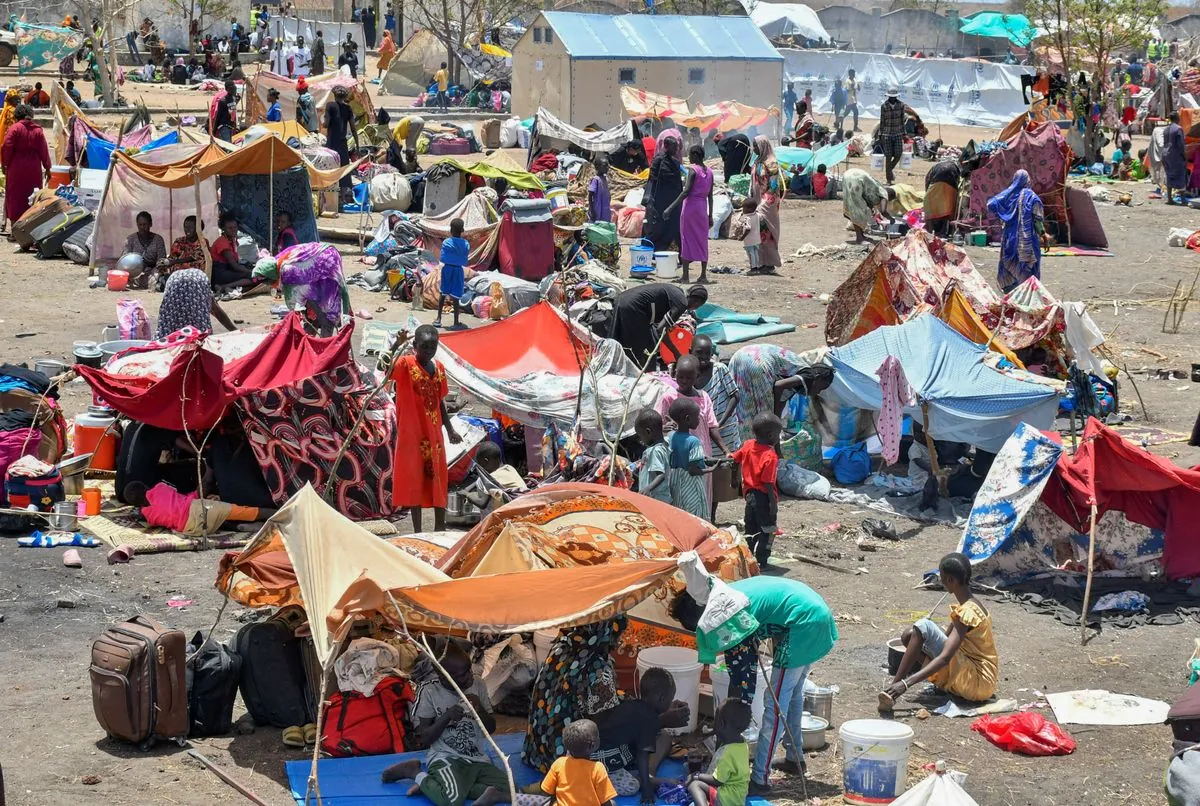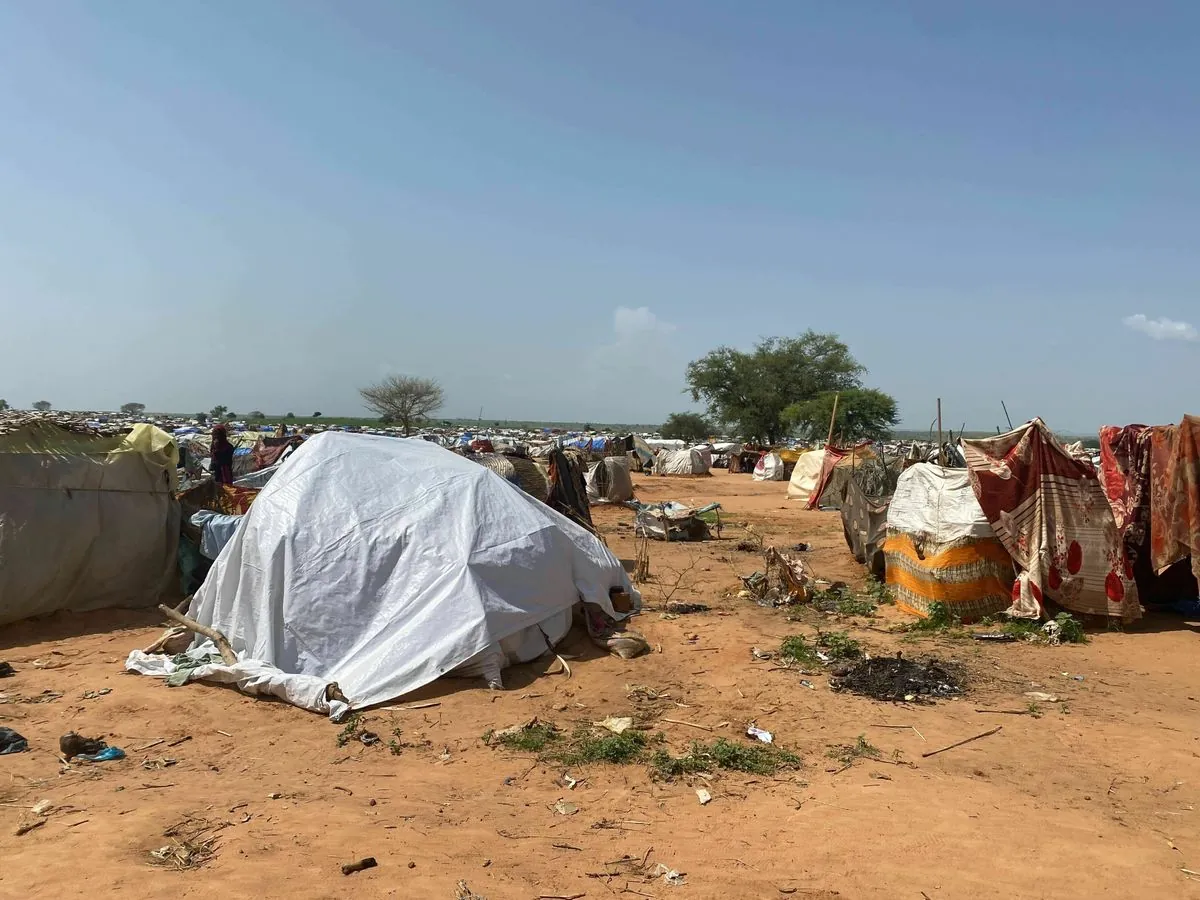U.S. Urges Sudan's Military to Join Peace Talks Amid Worsening Crisis
As Sudan's conflict intensifies, the U.S. calls for military participation in Geneva talks. Humanitarian crisis deepens with widespread hunger and displacement, particularly affecting Darfur region.

The United States has issued a call for Sudan's military to participate in peace negotiations in Geneva, Switzerland, as the nation grapples with an escalating humanitarian crisis. The talks, now in their third day, aim to address the ongoing conflict between Sudan's Armed Forces (SAF) and the Rapid Support Forces (RSF).
Tom Perriello, U.S. Special Envoy for Sudan, emphasized the urgency of the situation, stating on social media that while the RSF is present and ready for discussions, the SAF needs to make the decision to join. The negotiations have drawn diplomats from Saudi Arabia, Egypt, the United Arab Emirates, the African Union, and the United Nations.
The conflict, which erupted in April 2023, has had devastating consequences for Sudan's population. Sudan, the third-largest country in Africa by area, has a rich history and diverse population with over 500 ethnic groups speaking more than 100 languages. However, the nation has faced multiple periods of civil war and military coups since gaining independence in 1956.

The current crisis has led to the world's largest displacement crisis, with over 10.7 million people forced to flee their homes. More than 2 million have sought refuge in neighboring countries. The situation is particularly dire in Darfur, a region that has been plagued by conflict since 2003.
"A bomb detonated at a school and market in the city of El Obeid on Wednesday, killing five girls and injuring 20 other children."
This tragic incident highlights the ongoing dangers faced by civilians, especially children, in the conflict zones.
The humanitarian situation has reached critical levels, with approximately 25.6 million people – more than half of Sudan's population – facing acute hunger. In July 2024, global experts confirmed that famine conditions had developed in a massive camp for displaced people in Darfur.
Tammam Aloudat, president of the Netherlands board of Doctors without Borders (MSF), recently returned from a mission in Niyala, South Darfur. He described witnessing severe malnutrition among children, with infants over a year old appearing no more than four or five months in size due to stunted growth.
Despite these challenges, there have been some positive developments. Sudan's governing council recently announced the opening of the key border crossing of Adre from Chad into Darfur. This move has been welcomed by the international community, although its impact on aid delivery remains to be seen due to heavy flooding in recent weeks.
Sudan's rich archaeological heritage, including more pyramids than Egypt, stands in stark contrast to its current struggles. The country's economy, once reliant on agriculture and oil exports, has been severely impacted by the ongoing conflict.
As international efforts continue to address the crisis, the urgent need for a resolution becomes increasingly apparent. The conflict has not only resulted in thousands of deaths but has also been marked by atrocities including mass rape and ethnically motivated killings, which the UN and international rights groups have classified as war crimes and crimes against humanity.
The international community remains hopeful that all parties will engage in meaningful dialogue to bring an end to this devastating conflict and address the urgent humanitarian needs of the Sudanese people.


































